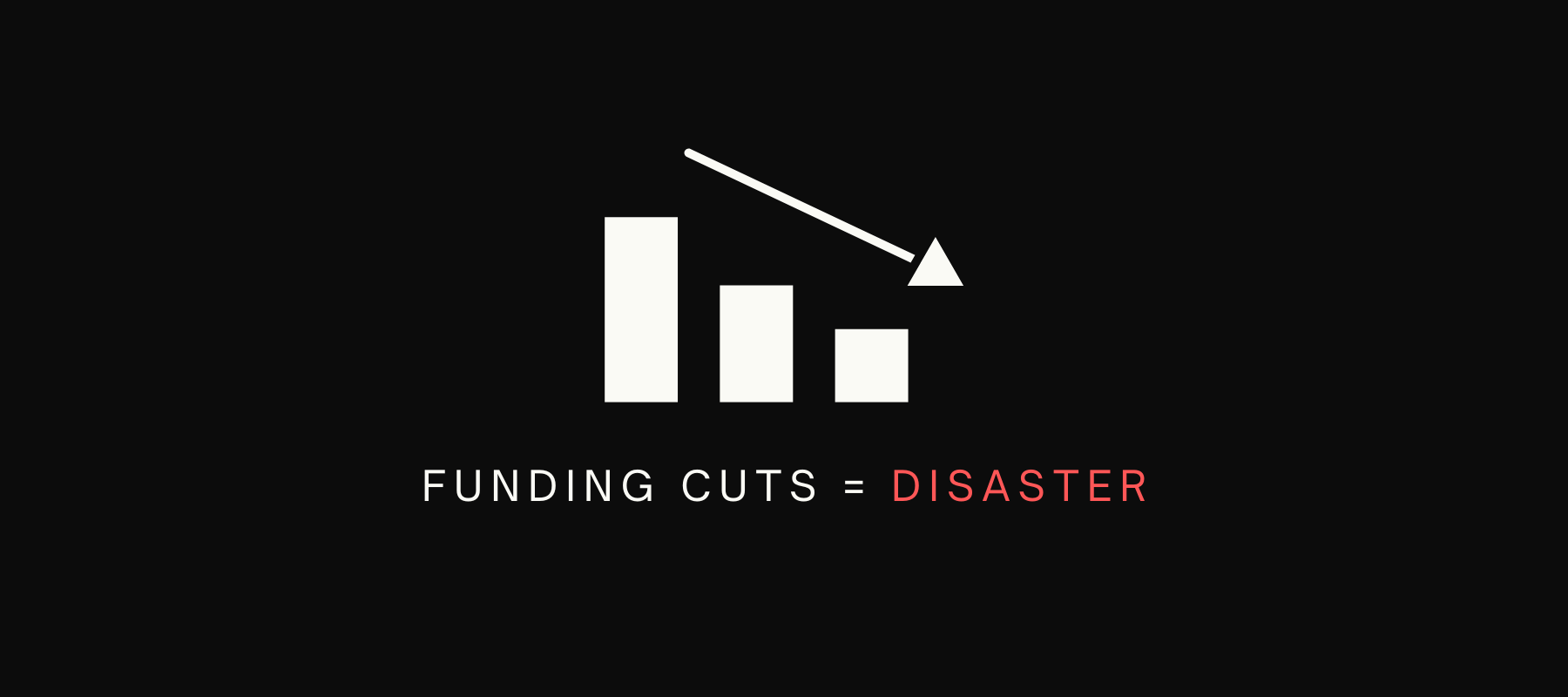Is funnelling money into shovel-ready projects the best strategy for infrastructure development?
I often get asked: “Shouldn’t we support the Olympics or the Port Mann bridge (or any of the multitude of poorly handled infrastructure projects in our province) despite their substantial cost overruns on the grounds that they will create jobs and benefit the economy?”
The problem with this question is that it allows for two options only, framing the policy decision as a choice between the proposed government investment project or the current status-quo. Yes, spending money on a new Port Mann bridge is probably better than not investing in infrastructure at all, especially during a recession. But the real question we need to ask is what is the best use of these $3.1 billion dollars of public money (the current cost estimate on the bridge construction) and would another project serve British Columbians better.
A recent article in the Tyee highlights the fact that alternatives exist with its provocative title: Want One Port Mann Bridge, or a Light Rail Metropolis. The article reports that Professor Patrick Condon and researcher Kari Dow at the UBC Design Centre for Sustainability have calculated that the money earmarked for the Port Mann construction can pay for
… a 200-kilometre light rail network that would place a modern, European-style tram within a 10-minute walk for 80 per cent of all residents in Surrey, White Rock, Langley and the Scott Road district of Delta, while providing a rail connection from Surrey to the new Evergreen line and connecting Pitt Meadows and Maple Ridge into the regional rail system.
In the end of the day, we need to balance our immediate needs for job creation with our longer-term goals, such as facing up to climate change and building a more environmentally sustainable society. Rushing to throw money at shovel-ready projects simply for the sake of increasing government spending may well be cheating us out of opportunities to restructure our infrastructure system to meet the needs of a future greener economy.
There is no substitute to carefully considering the longer-term implications of the choices we make if we want to ensure that short-term gain doesn’t leave us with long-term pain.
Topics: Economy, Provincial budget & finance

